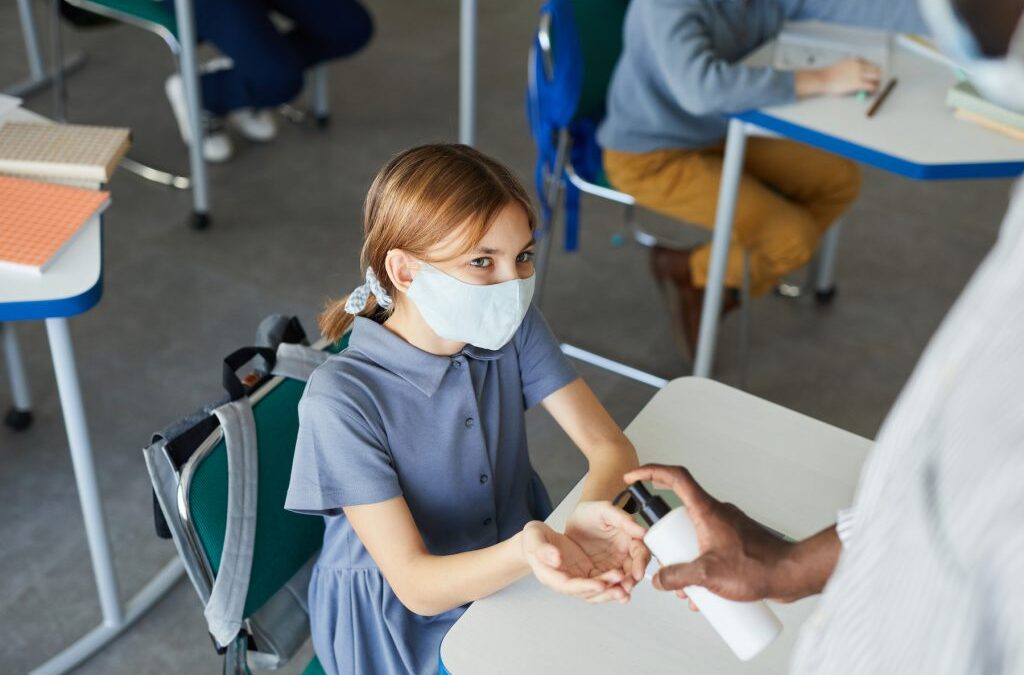What’s in a Rapid Test Kit?
Rapid home tests, such as the ASSURE-100 Rapid Home Test, include materials like swabs, test cartridges, solution vials, and packaging. After use, these components may carry infectious materials, necessitating careful handling and disposal.
Safety Guidelines for Disposing of Used Test Kits
- Handle with Care
- Treat used rapid test kits as potentially infectious waste, particularly if the test result is positive.
- Wear disposable gloves when handling used test components to reduce contact with potentially infectious materials.
- Dispose of in Household Trash
- Place used test components, including the swab and test cartridge, in a sealed plastic bag to prevent contamination.
- Dispose of the sealed bag in your regular household trash.
- Avoid Flushing Materials
- Never flush test components, such as swabs or cartridges, down the toilet or sink. These materials can block plumbing and are not biodegradable.
- Clean and Disinfect Surfaces
- After performing a test, disinfect the area where the test was conducted, especially if a positive result was detected. Use EPA-registered disinfectants to clean surfaces. (epa.gov)
Recycling Considerations
While many components of rapid test kits are made from plastic, they are not recyclable through standard recycling programs due to contamination risks. Always follow the manufacturer’s disposal instructions to ensure proper waste management.
What to Do After Testing Positive
- Follow Isolation Guidelines:
- If your test result is positive, immediately isolate according to CDC guidelines and notify close contacts.
(cdc.gov)
- If your test result is positive, immediately isolate according to CDC guidelines and notify close contacts.
- Use Additional Testing:
- Repeat testing using a reliable kit like the ASSURE-100 Rapid Home Test if needed, to confirm results or monitor recovery.
- Notify Waste Handlers:
- If you’re in a household with someone at high risk, inform local waste management services if your waste contains contaminated materials. Some regions provide specific disposal services for medical waste.
Key Takeaways
- Sealed Disposal: Place used components in a sealed bag before discarding them in household trash.
- Disinfect After Testing: Clean all surfaces and wash your hands thoroughly.
- Follow Manufacturer Instructions: Adhere to disposal guidelines specific to your test kit.
By following these guidelines, you can safely and responsibly dispose of used rapid test kits while protecting public health and the environment.
Proper disposal of used rapid COVID-19 test kits ensures safety for individuals and communities. By sealing used components, avoiding recycling, and disinfecting surfaces, you can minimize risks associated with contaminated materials. When in doubt, always refer to the manufacturer’s guidelines for disposal.
Click here to purchase ASSURE-100 on Amazon.com, or for local Hawaii pick-up, click here to purchase from our Shopify site.
- Keywords: COVID-19, rapid testing, rapid home tests, SARS-CoV-2, test kit disposal, Assure-100, waste management, testing safety, medical waste, environmental impact

